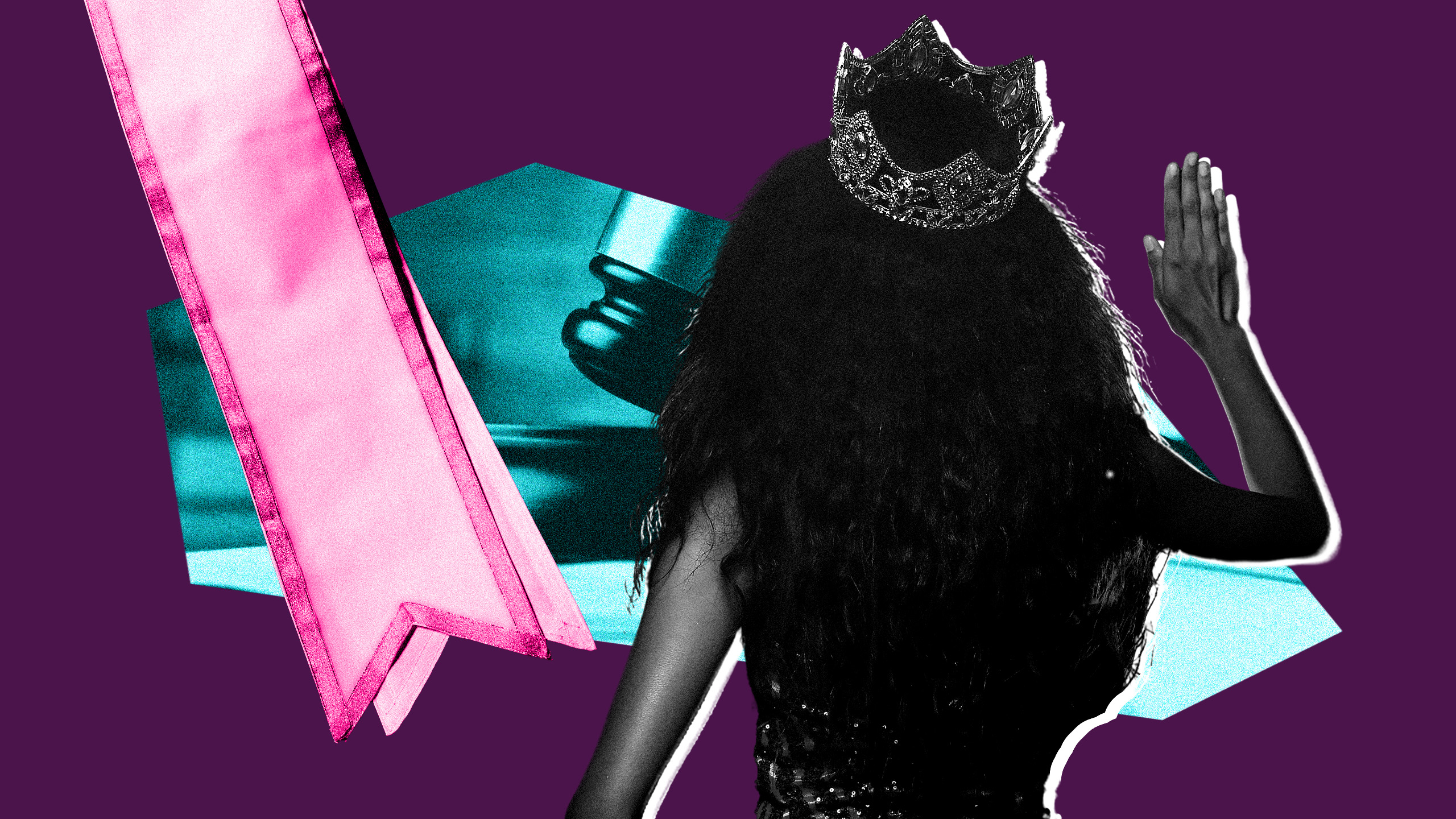Several years ago, Anita Green applied to be a contestant in the Miss United States of America beauty pageant competition in her home state of Oregon. However, competition organizers rejected her application, ruling her ineligible. Their reason? Green is a trans woman.
Green later sued, claiming the pageant violated an Oregon state law banning discrimination on the basis of gender identity.
This month, the American 9th circuit court of appeals ruled that a national beauty pageant could legally exclude a trans woman from its competition. The ruling stated that including the woman as a contestant would “fundamentally alter the message” of the pageant, which they said was expressing the idea of “ideal” womanhood—in other words, pageant organizers didn’t think Green is actually a woman because of her trans identity.
In its conclusion, the court ruled that forcing the pageant to include trans contestant Anita Green would be tantamount to “compelled speech” in violation of the 1st amendment because it would force the pageant to include trans women under the banner of womanhood. But the court’s ruling itself compels Green to call herself a man for beauty pageant purposes, and sets a potentially dangerous precedent for other organizations to exclude trans women in the future.
The debate over trans women’s womanhood has run on for decades now, since Magnus Hirschfeld first started administering estrogen to treat gender dysphoria in trans women in the Weimar Republic in 1920s Germany. Since marriage equality became law of the land in the U.S. seven years ago, the debate over trans rights, and specifically the rights of trans women, has grown increasingly bitter and divisive.
Federal courts have mostly sided with trans rights over time, culminating in the U.S. Supreme Court ruling in Bostock in 2020, which banned employment discrimination against trans people– as well as other LGBTQ2S+ people. This recent 9th circuit case was the first to high-profile test trans rights as a 1st amendment issue, and the negative result should serve as a warning to trans people, allies and advocates.
Everyone in the U.S. has the constitutional right to free speech under the 1st amendment of the constitution and a precedent allowing someone to override state law to exclude trans women from something, even a beauty pageant, could open the door to mass discrimination in the name of free speech down the road.
I’m personally not a fan of beauty pageants. I find them to be excessive expressions of class status and patriarchy, but I am a fan of trans inclusion, even in institutions I personally believe are harmful, like pageants and the military.
“Trans women are frequent fodder for wannabe intellectuals and Sunday newspaper columnists who enjoy exercising their transphobic bigotry as an attempt at deep thinking.”
The so-called “trans woman question,” a media construction for debate over whether trans women should be allowed to exist equally in society, is unfortunately not settled yet, and this political moment casts our status as women in a cloak of doubt. We’re frequent fodder for wannabe intellectuals and Sunday newspaper columnists who enjoy exercising their transphobic bigotry as an attempt at deep thinking.
So in the midst of all of this, why worry about one trans woman’s quest to compete in a random beauty pageant competition? The answer lies in trans inclusion and the potential for the 1st amendment to become a weapon against trans lives. In order for trans people to be free and equal members of society, they must have available the same opportunities as cis people of their same gender. The court singling out trans women for inclusion as a matter of speech is particularly troubling.
The pageant wouldn’t likely have a successful free speech claim if the woman in question was a cis person. I can’t imagine them walking into court and claiming that their purpose of expressing “the ideal of American womanhood” meant they had a policy excluding Jewish women and walking away with a victory. The ruling sets trans women apart as a separate and unequal member of the legal female sex.
It also forces Green to think of and call herself a man in the context of beauty pageant competitions, which is itself a form of compelled speech implemented by the court. In other words, cases like Green’s feature competing speech interests: the pageant’s claim that trans women are not women, and Green’s right to participate in society as a woman. In this case, the court has ruled that the pageant has a claim to superiority in the exchange of free speech rights.
I’m not going to lose sleep over this one beauty pageant competition, but I do worry about what the next organization to present the trans free speech test to a high American court will be. Could a private college get a new president who doesn’t believe trans women are women and successfully sue to force the school’s trans women into the men’s bathrooms?
We’ve seen a similar, parallel debate break out over trans women in women’s sports, with sporting organizations quickly developing incoherent policies in order to tamp down on transphobic public sentiment. It’s created a patchwork sporting system where trans women can be considered women in some sports, but are considered men in others. The end result is the same: trans women will eventually just give up on their sports dreams.
If trans people’s genders are a matter of free speech determined solely by the people in charge of whether or not trans people are included in an activity, then there is no such thing as trans rights anymore.
That’s a very worrying precedent indeed.


 Why you can trust Xtra
Why you can trust Xtra


